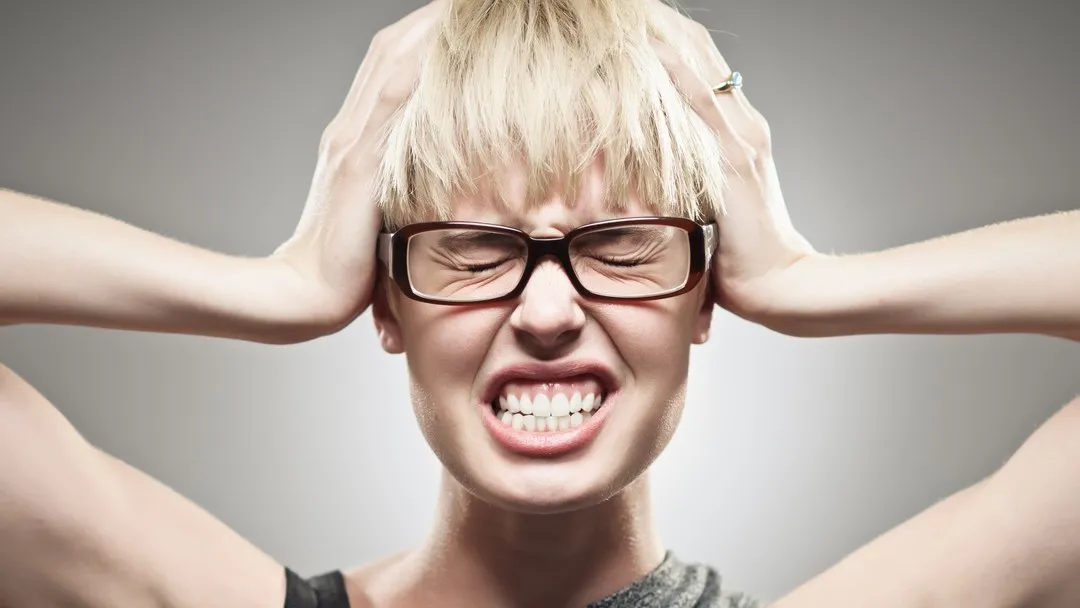What Is Bruxism
Teeth grinding is an under-diagnosed condition for good reason – it frequently occurs during sleep. Unless they have been otherwise informed by a spouse or bed partner, most people with the condition would not be aware of their nocturnal habits, hence many cases of teeth grinding are not discovered until the effects become obvious.
Teeth grinding during sleep is medically referred to as bruxism. Classified as a sleeping disorder, grinding or clenching your teeth while you are sleeping can gradually wear down and damage your teeth. Left untreated, bruxism can lead to regular morning headaches, jaw disorders, crooked or missing teeth, soreness in cheeks and broken teeth. Although the exact causes of teeth grinding have not been identified, it has been linked to stress, anxiety, eating disorders, insomnia and other sleep disorders. Caffeinated beverages like coffee, as well as alcohol consumption and smoking are other known triggers.
Now getting back to the question: How do I know whether or not I am a teeth grinder? Well, the answer may be as obvious as looking at your teeth in the mirror. If all of your teeth appear to be of the same length, the “flatness” of your teeth may indicate years of grinding that has worn them down significantly. It takes a lot of grinding to wear down your teeth. Your tooth enamel, which is the outermost layer of your teeth, is tougher than your bones. So it normally takes years of constant grinding activity to weaken and wear away your enamel the way bruxism does. It isn’t surprising then that your dentist, the person who checks on the condition of your teeth and gums, is usually the first person to spot your teeth grinding symptoms.
You must also understand that your teeth can clench up to 130 per cent tighter at night than during the day. That’s because your protective reflexes are not functioning when you are asleep. Teeth grinding occurs in short spurts – between 3 seconds to a minute – with grinding patterns fairly consistent. The problem is, bruxism can occur for years before it is brought to the attention of a dentist or sleep physician. Left untreated, these nightly grinds and clenches will eventually take a toll on your teeth’s structure. Our dentists are trained to diagnose and treat bruxism. Please refer to our general dental services page here.
How Can It Be Treated
As with any dental problem, prevention is always better than cure. One of the most effective treatment methods for bruxism involves the use of mouth guards called splints. These dental devices are designed to be worn on your teeth during sleep to protect your teeth from the regular and intense pressures from the bruxing activities.
Made of acrylic material, the therapeutic splint fits over the full set of your teeth and works for both upper or lower jaws. Unlike over-the-counter mouth guards, a dentist can customise the dental device to precisely fit your mouth’s dimensions for optimal comfort and protection. Besides dental splints, bruxers can also benefit from stress-reduction therapies and lowered intake of stimulants like coffee and alcohol.
In cases where the canine or eye teeth have been worn flat it can be beneficial to restore them to their original shape. This is done with tooth coloured material and is a simple, painless procedure. When the canine teeth are restored they act as ramps when you are grinding your teeth, taking pressure off the surrounding teeth that are more susceptible to wear. Canine teeth are built specially to withstand heavy wear and pressure.
If your grinding and clenching habits are causing muscle aches and soreness we also offer Muscle Relaxant / Injectable Therapy. This helps to soften the muscles stopping them from clenching as tightly. Think of when you stop going to the gym, the muscle weakens and is unable to lift heavier weights. The same goes for your jaw muscles. The good news is this doesn’t affect the normal day to day function of your jaw and other than the relief of pain you won’t notice a thing!
If you suspect that you or a loved one might be a bruxer, you may wish to talk to your dentist. Identifying bruxism in its early stages can help to reduce the damage and impact to your teeth’s structure.
Book an appointment to see one of our friendly dentists at North Sydney Dental Practice.
Further reading on general oral health here: How safe are dental x-rays?

